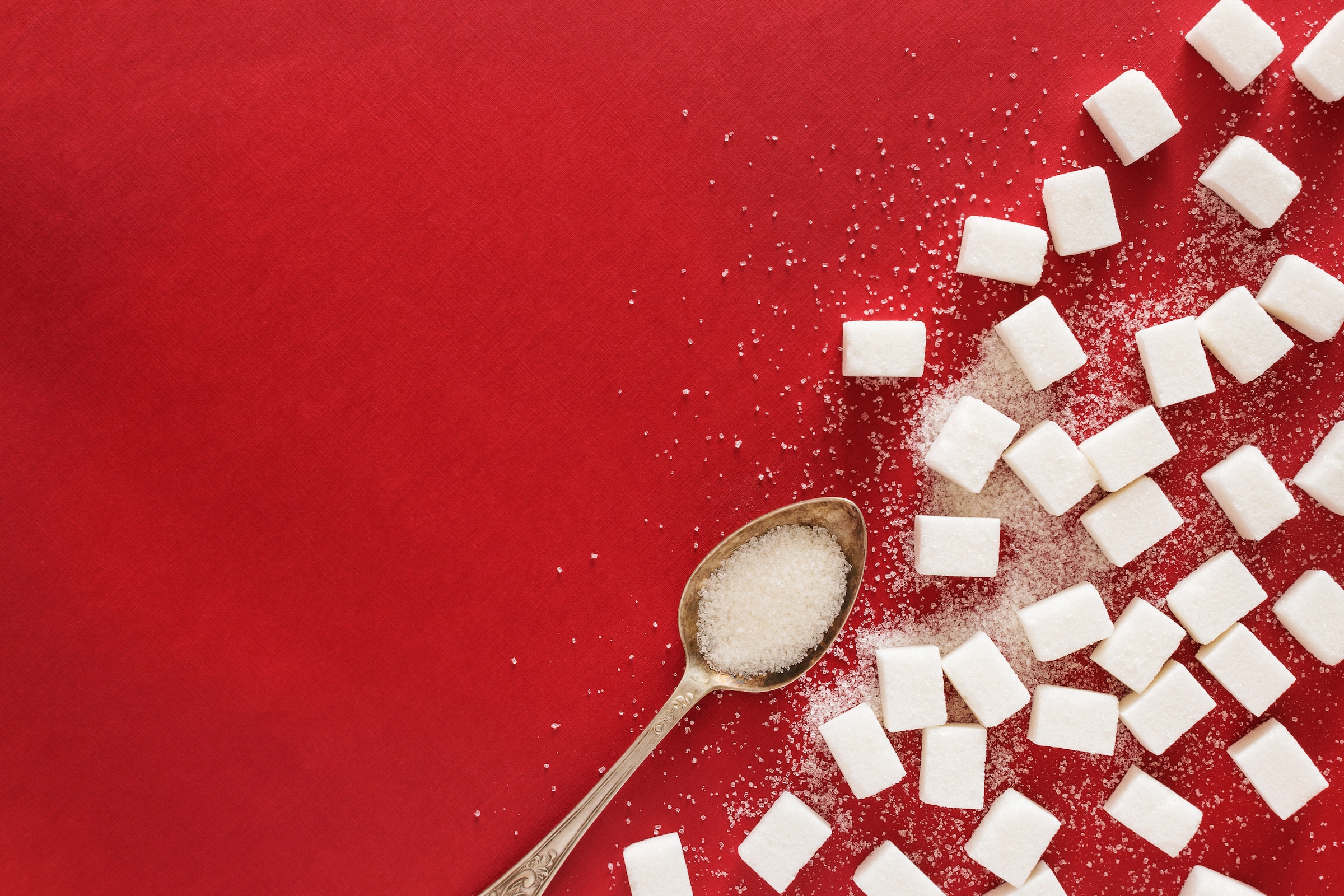
Life&Style Editor Jennifer Lewis explores the effects of sugar tax and ‘shrinkflation’ on national health
Are after-school treats of the past? No Kinder surprises! Not to disregard the fact that Cadbury’s Freddos have gotten smaller for the no-longer price of 5p, while they ask us to pocket up almost 50p in some stores. You may have noticed chocolate bars are now smaller than they used to be. The shrinking dimensions are not part of a health campaign but lie in the economic realities faced by confectionery manufacturers.
However, as iconic treats become more petite and less cost-effective, individuals may find themselves exploring alternative snacks or opting for larger, multi-pack options. The smaller the bar is, the clearer the excuse to buy another one. Chocolate companies have not made it their mission to promote ‘healthier eating’ but to convince consumers to purchase more or to buy multipacks. As we savour our smaller, albeit pricier chocolate indulgences, the confectionery industry faces the ongoing challenge of finding the delicate balance between sweet satisfaction and economic realities.
“By increasing the cost of sugary items, the government hopes to influence consumer behaviour
Shrinkflation and sugar tax are strategies employed in the food industry and although chocolate bars’ reduction in size is not solely in favour of protecting our health, there has been a fall in child hospitalisations for tooth extraction, drawing attention to tax on sugar. Sugar tax is a government-imposed levy on sugary products, specifically beverages, designed to discourage consumers’ consumption by making them more expensive and to address public health concerns associated with excessive sugar intake, such as obesity and related diseases.
Is it more effective to reduce the size of the bottles containing their sugary drinks, or should we opt to reformulate beverages by removing sugar, thereby altering their taste? By increasing the cost of sugary items, the government hopes to influence consumer behaviour, encouraging healthier choices and reducing the overall consumption of products linked to negative health outcomes.
Wonder why the Fanta lemon abroad tastes better? The UK implemented the soft drink levy in April of 2018. The World Health Organisation has advised the implementation of a tax on sugar-sweetened beverages as a measure to decrease sugar consumption, and this recommendation has now been adopted by 50 countries. Only in 2021 did Spain incorporate this measure.
While the focus on healthy eating remains, it is remarkably easier for many to drink their calories rather than consume them through solid food. This shift raises questions about the factors contributing to the preference for liquid calories and its potential impact on overall health. The omnipresent marketing of various beverages, often portraying them as refreshing, energising, or even essential for a particular lifestyle, can contribute to the preference for drinking calories.
Social influences, such as the normalisation of grabbing a sugary coffee or a soft drink on the go, can further cement these habits, making liquid calories an integral part of daily routines. Drinking calories has become a prevalent dietary trend. While liquid calories provide a convenient source of energy, it is essential to strike a balance and be mindful of the nutritional content of beverages. It further decreases the risk of tooth decay and related dental problems.
“Social influences, such as the normalisation of grabbing a sugary coffee or a soft drink on the go, can further cement these habits
Evident of this, researchers examined hospital admissions data that related to tooth extractions resulting from tooth decay in children aged up to 18 years in England. This analysis covered the period from January 2014 to February 2020, investigating trends both in aggregate and when segmented by neighbourhood deprivation levels and age groups. We can smile at this data as the implementation of the UK soft drinks industry level in 2018 has prevented over 5,500 hospital admissions for tooth extractions from the analysis that was conducted by researchers at the University of Cambridge. We can still treat ourselves to snacks and beverages, by balancing our indulgences.
Enjoyed this article? Read more from Sci&Tech:
Air Pollution Around The World
Animal Testing in Drug Development: An Interview with Dr Pandora Pound
Comments